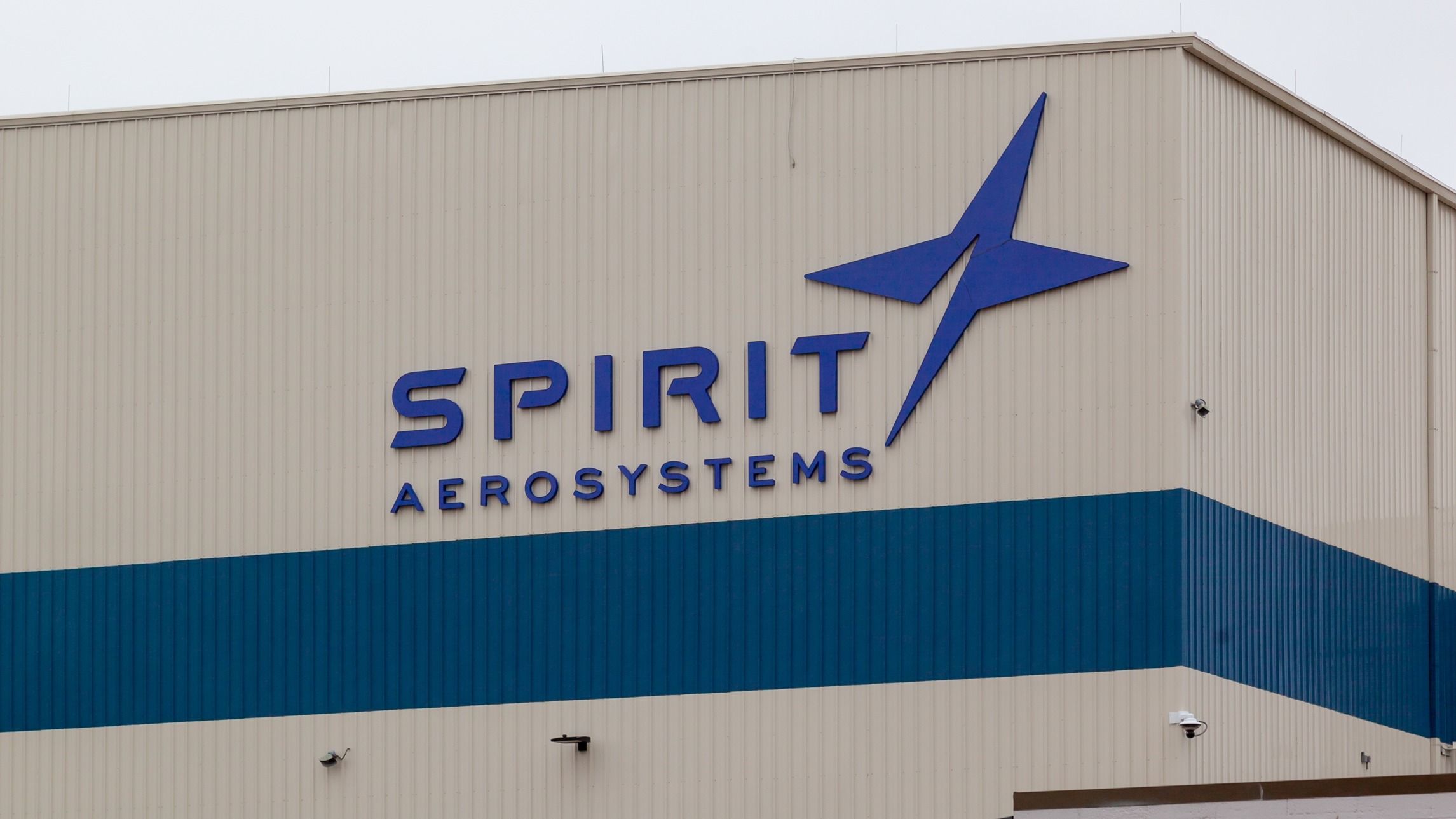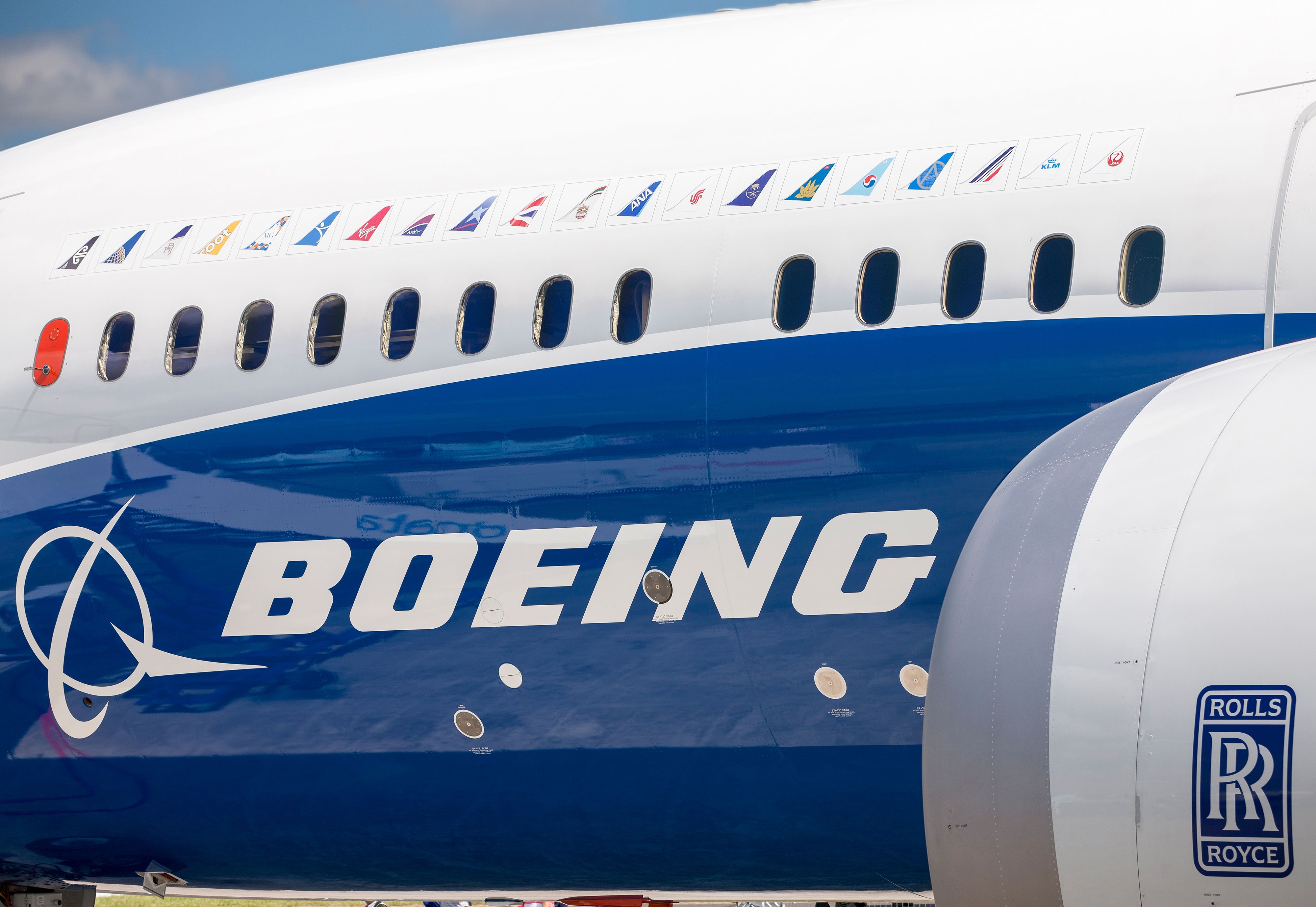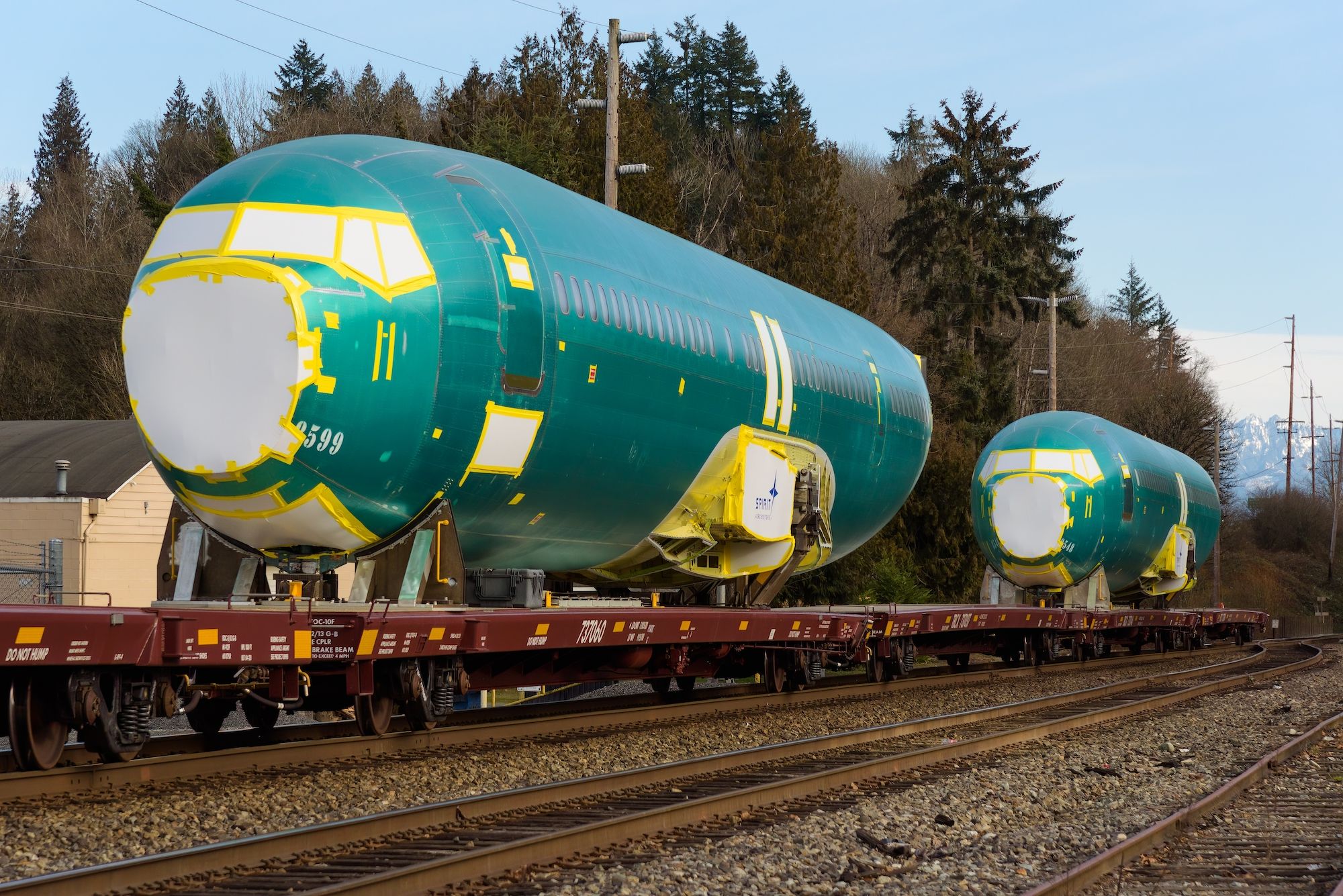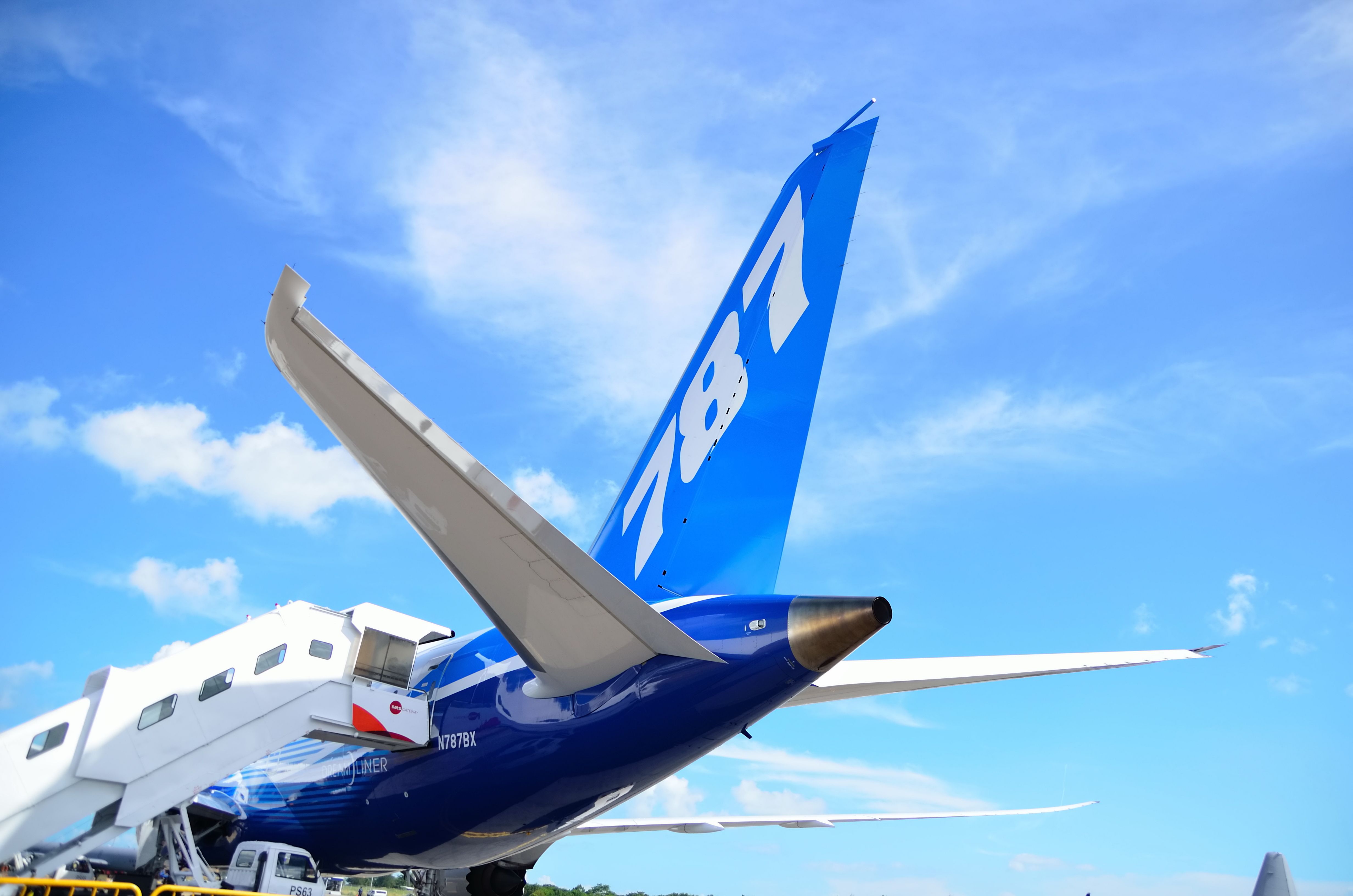Summary
- Boeing has reportedly shifted its all-cash deal to buy Spirit AeroSystems to a stock-based transaction.
- The new terms would value Spirit AeroSystems shares at $35, with the company’s stock closing at $33.07 on June 24.
- Boeing and Spirit AeroSystems confirmed that the two have begun preliminary discussions about a potential purchase in March.
Boeing has reportedly switched its all-cash offer to a share and cash deal to buy Spirit AeroSystems, its key supplier that has struggled to maintain the quality of its products, including Boeing 737 fuselages, in the past year. Boeing sold its Wichita, Kansas, and two sites in Oklahoma, the United States, in 2005.
$35 per share for Spirit AeroSystems
According to a report by Bloomberg, which cited people familiar with the matter, Boeing switched the funding of the deal from an all-cash transaction to offering a deal that would value Spirit AeroSystems at around $35 per share. The terms of the financing of the deal are not finalized and could still include a small amount of cash, the publication added.
On June 24, Spirit AeroSystems’ shares closed at $33.07, while during the pre-market hours, the company’s stock was valued at $30.98 at the time of writing. Year-to-date (YTD), the share peaked at $36.07 when the New York Stock Exchange (NYSE) closed its day of trading on March 28.
Photo: Ryan Fletcher | Shutterstock
According to Boeing’s latest two financial result presentations, the plane maker had $6.9 billion and $12.6 billion of cash and cash equivalents at the end of Q1 2024 and 2023, respectively, a $5.7 billion decrease. In Q4 2023, its net decrease in cash was $3.8 billion. Its last cash-positive financial period was 2022, when it gained $6.5 billion in net cash, ending the year with $14.6 billion in cash and cash equivalents.
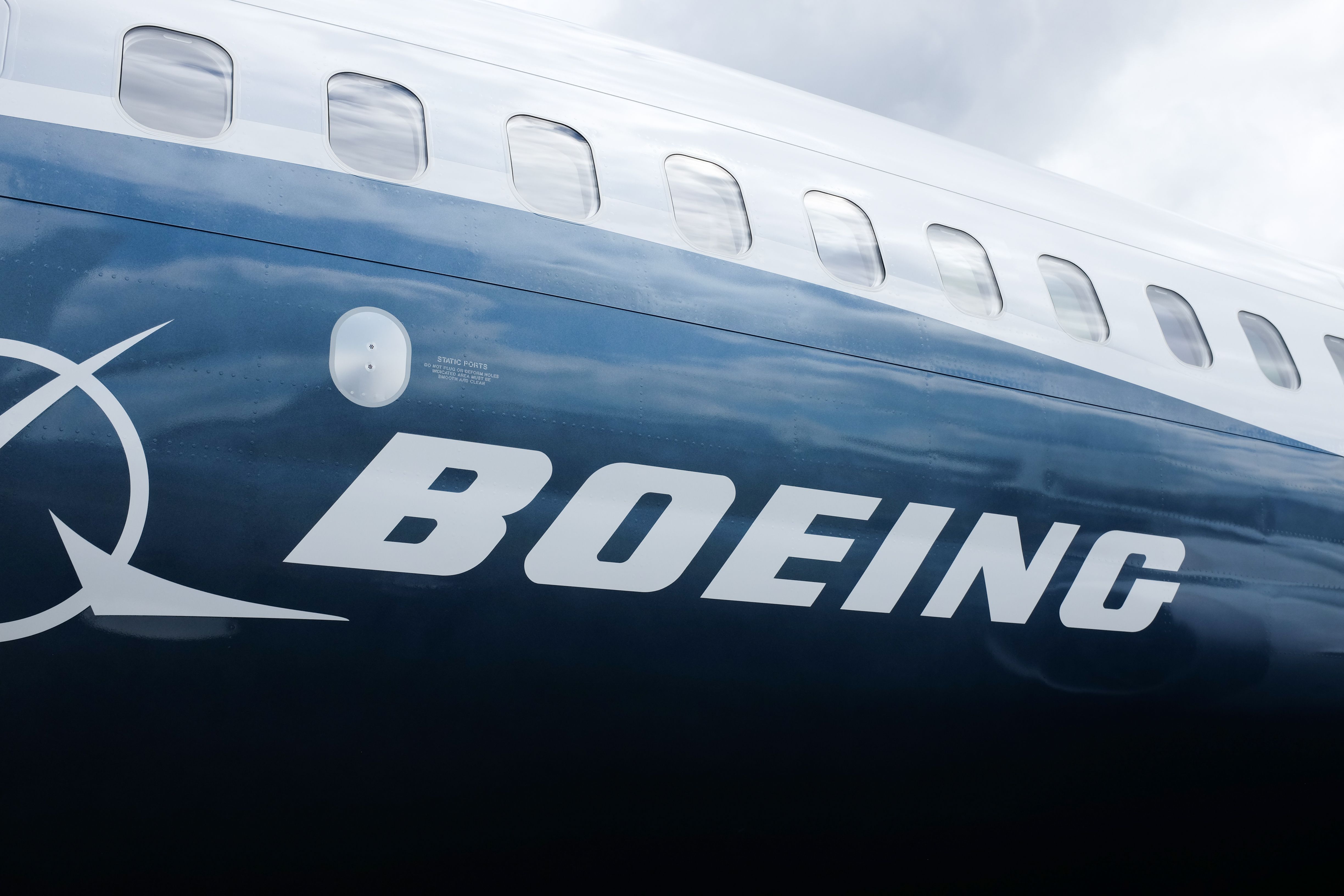
Related
Boeing Still Lost Less Than Q1 Last Year Despite 737 MAX Issues And Airline Compensation
While it has reduced its losses, the operating cash flow and lower revenues are a cause for concern for Boeing.
Cash-bleeding companies
As supply chain issues and quality control lapses have continued to plague Boeing and Spirit AeroSystems, the latter has also been losing cash. At the end of 2023, it had $824 million of cash, which decreased to $352 million by Q1 2024. However, looking to ensure the stability of its supply chain, Boeing and Spirit AeroSystems agreed that the former would shore up its liquidity.
Photo: JHVEPhoto | Shutterstock
During its Q1 presentation, Spirit AeroSystems outlined that it would receive a $425 million cash advance in Q2. Patrick Shanahan, the president and chief executive officer (CEO) of the aerospace supplier, outlined that, Boeing advanced $425 million that would be repaid in Q3 “as the production system returns to equilibrium.”
“We appreciate greatly Boeing’s support operationally and financially as we strengthen the industrial system.”
That was not the only deal that the two signed. In October 2023, Boeing and Spirit AeroSystems agreed to increase the prices of 737 and 787 shipsets between 2023 and 2025, which would turn to price decreases between 2026 and 2033. At the time, Spirit AeroSystems estimated that this would impact its revenue as follows:
|
Period |
Revenue increase/decrease |
|
2023 |
$60 million |
|
2024-2025 |
$395 million |
|
2026-2028 |
-$25 million |
|
2029-2033 |
-$240 million |
In addition, Boeing Commercial Airplanes (BCA) released Spirit AeroSystems of any liabilities and claims related to the 737, 747, 767, 777, and 787 programs, while Boeing also provided $100 million to the supplier within ten days of the effective date of the agreement. The funding for tooling and capital through 2025 would be used for certain planned and potential 737 and 787 program rate increases.
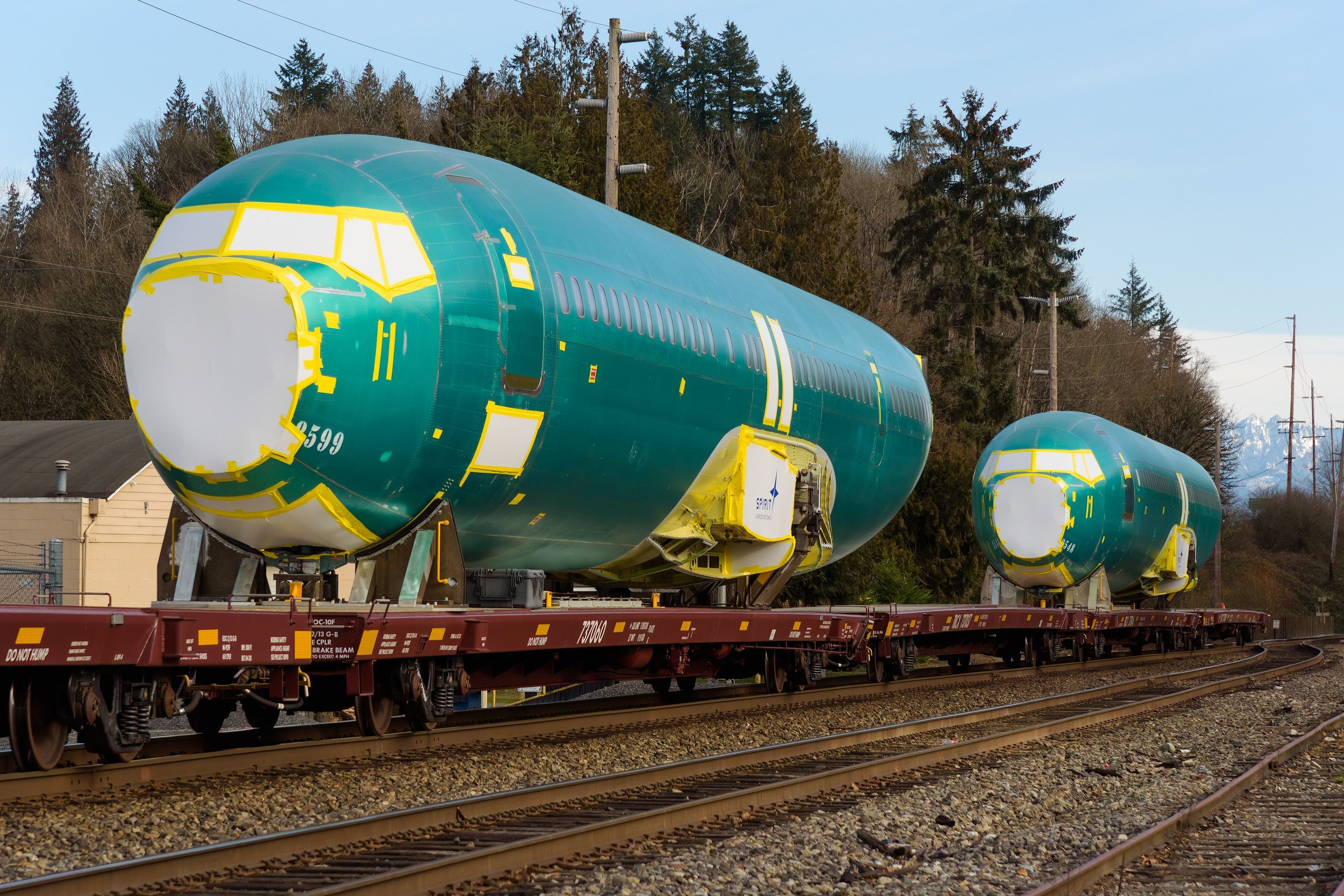
Related
Boeing Injects $100 Million Into Spirt AeroSystems
Boeing and Spirit AeroSystems announced an agreement that will see the plane maker injecting capital into one of its key suppliers.
Claiming back what it had lost
Nevertheless, as both companies struggled to ensure the quality and safety of their products, especially the Boeing 737, including the 737 MAX, Boeing and Spirit AeroSystems began discussions for the former to buy back the latter. The talks were confirmed on March 1.
At the time, Boeing’s statement read that it had been working closely with Spirit AeroSystems to strengthen the quality of the commercial aircraft that the pair built. As such, the plane maker confirmed that their collaboration has resulted in preliminary discussions to acquire the supplier.
“We believe that the reintegration of Boeing and Spirit AeroSystems’ manufacturing operations would further strengthen aviation safety, improve quality and serve the interests of our customers, employees, and shareholders.”
Spirit AeroSystems’ statement added that it was engaged in negotiations with Boeing. However, both companies reiterated that a deal might not completed, yet the supplier’s board has been committed to enhancing shareholder value. Boeing announced the sale of the Wichita, Kansas site, as well as two locations in Oklahoma, in February 2005.
Photo: Ian Dewar Photography | Shutterstock
The Wichita facility became the headquarters and main location of Spirit AeroSystems. At the time, the aircraft manufacturer said that it had sold the three sites for $900 million in cash and the transfer of certain liabilities and long-term supply agreements, providing cost savings for the company. The transaction was finalized in June 2005, with the company being initially called Mid-Western Aircraft Systems.
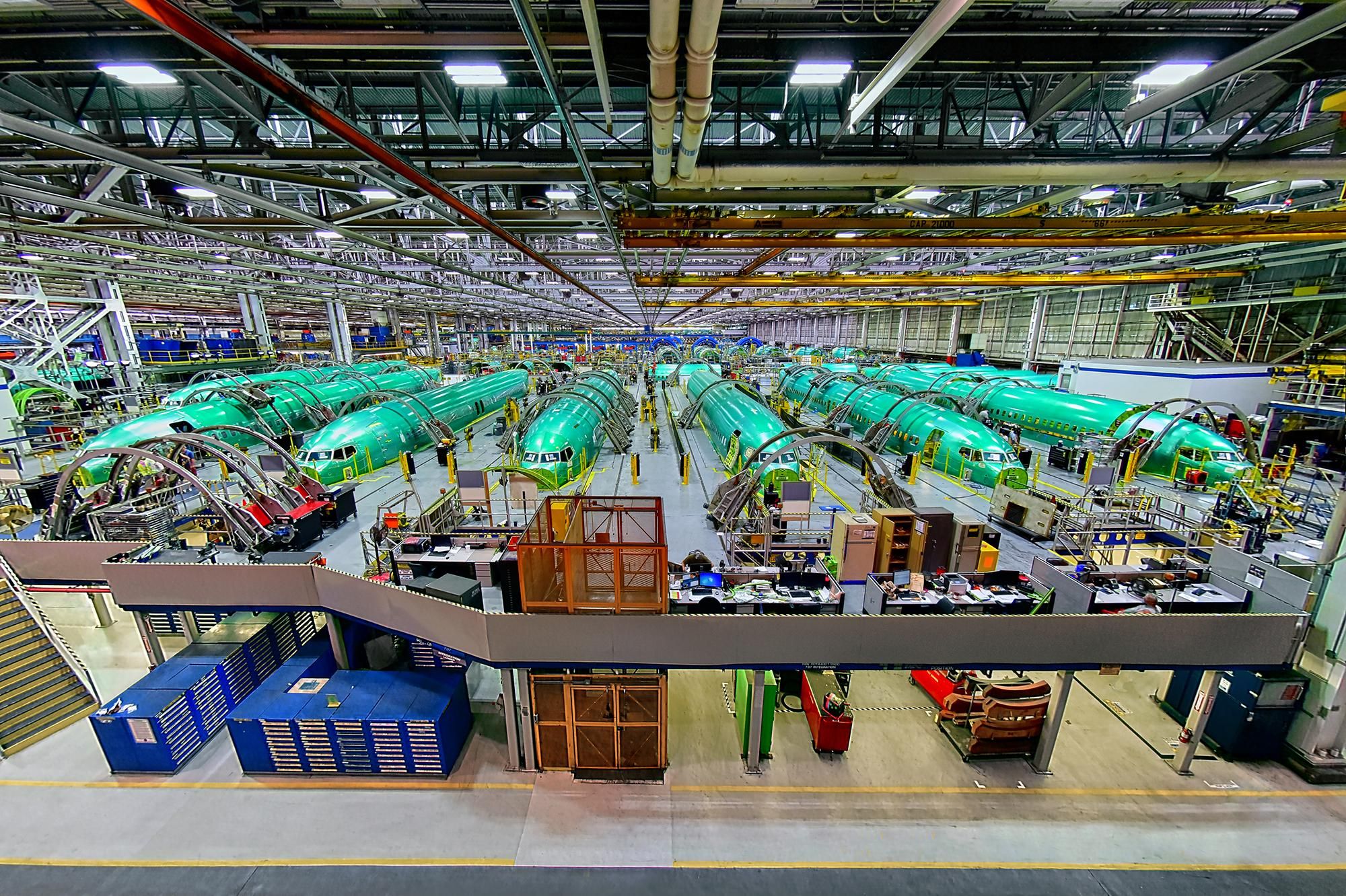
Related
Boeing Considers Purchasing Supplier Spirit Aerosystems
A potential merger would bring more of the manufacturing process under Boeing’s direct control.
The complication comes from the fact that Spirit AeroSystems is also a supplier of Airbus and Bombardier and their aircraft programs. This includes providing major and minor parts for the Airbus A220, A320, A350, Bombardier Challenger 350, Challenger 650, Global 5500, Global 6500, and Global 7500 aircraft, which are currently in active production. On June 21, Bloomberg reported that Airbus and Spirit AeroSystems were close to an agreement for the former to acquire certain parts of the latter’s business, which includes sites that produce parts for the A220, A320, and A350 aircraft families.
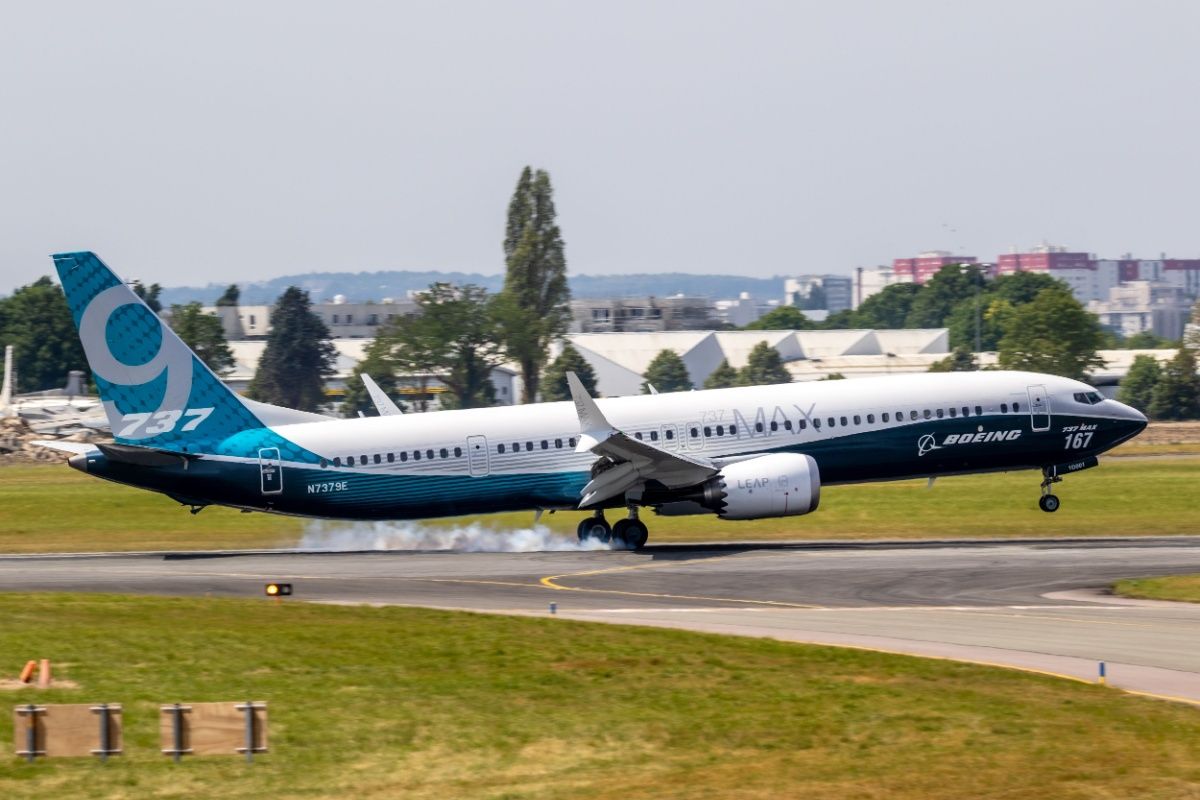
Related
Boeing Edges Closer To Buyback Deal With Spirit AeroSystems
A deal could reportedly be made in the coming days or weeks.
Struggling suppliers
However, Spirit AeroSystems has not been the only major supplier that has struggled while working with Boeing. On June 24, Leonardo, the Italy-based aerospace company, announced that it would have to shut down the production of its Grottagli site located near Taranto, Puglia, Italy.
“Lower growth in the production and delivery of the Boeing 787 required a four-month plant shutdown to align production volumes with the short-term reduction in demand.”
However, the Italian company reiterated that the 787 program remains the leader in the medium-to-large passenger aircraft segment, with orders for the 787 counting 1,900 aircraft as of March 2024. Furthermore, Boeing has delivered over 1,100 units of the widebody aircraft, with Leonardo adding that there were positive prospects of the aircraft manufacturer increasing the production rate of the 787 starting in 2025.
Photo: Maxene Huiyu | Shutterstock
During the Q1 2024 analysts call in April, Brian West, the chief financial officer (CFO) and executive vice president of finance of Boeing said that the company was slowing near-term production and plans to return to a rate of five per month later this year. By 2026, its planned incremental production rate growth should result in the plane maker building ten 787s per month.

Related
Boeing Still Lost Less Than Q1 Last Year Despite 737 MAX Issues And Airline Compensation
While it has reduced its losses, the operating cash flow and lower revenues are a cause for concern for Boeing.

